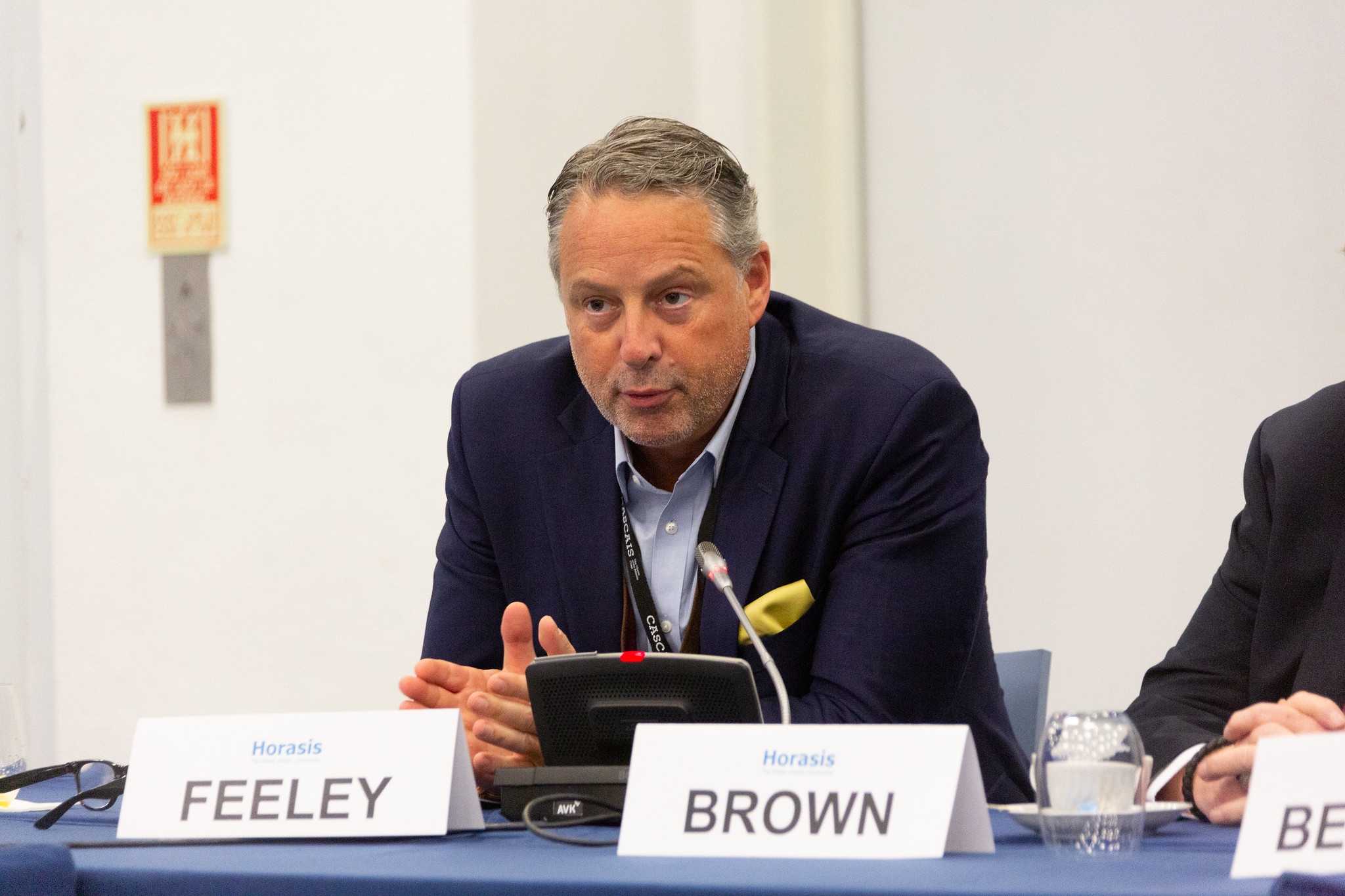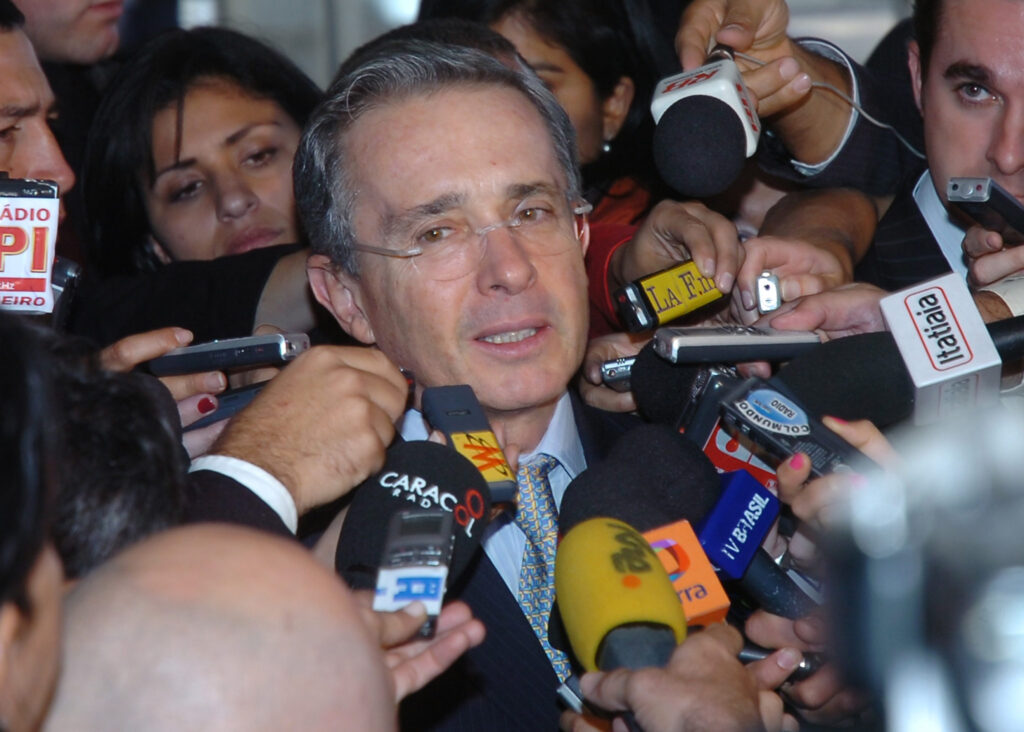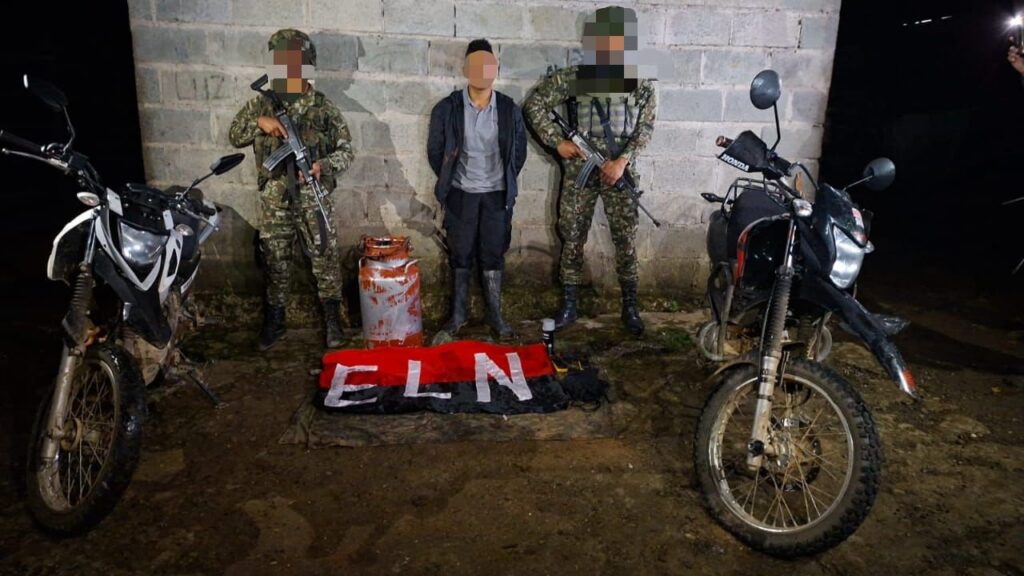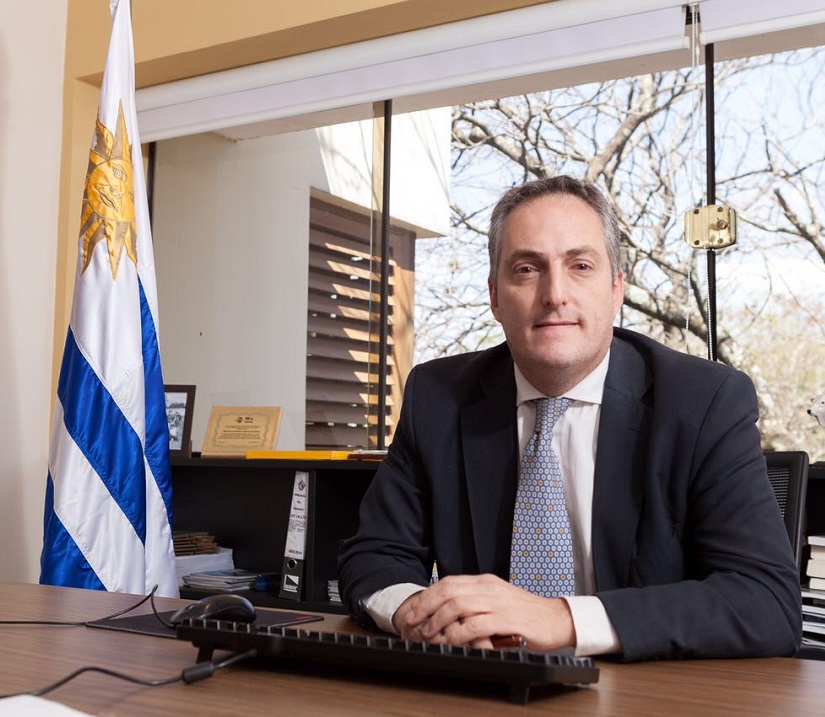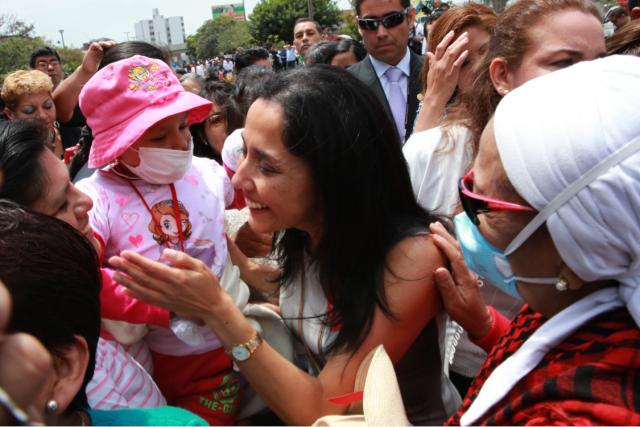Towards the end of a phone interview with Latin America Reports, the former U.S. Ambassador to Panama John Feeley quoted a poem in Spanish written by the 19th century Nicaraguan poet, Ruben Diario. The poem, “To Roosevelt,” addresses U.S. President Theodore Roosevelt and challenges him to reconsider his approach to Latin America. Now, as a civilian, Feeley is doing the same to President Trump.
In an extensive profile in The New Yorker titled, “The Diplomat Who Quit the Trump Administration,” Jon Lee Anderson portrays Feeley as a man of deep convictions, a diplomat-gone-rogue. For nearly three decades, Feeley served as a foreign officer in Mexico, Colombia, and Panama, until December 2017, when he resigned.
“I could no longer toe the administrative line and explain things the President did, like building a wall, demeaning immigrants, and defending both sides of a neo-Nazi protest,” Ambassasdor Feeley told Latin America Reports.
According to The New Yorker piece, Feeley has never joined a political party and has voted for and served under both Republican and Democratic presidents. He’s not only well-versed in U.S. foreign policy in Latin America, he has helped shape it. Now he is committed to “bringing the Western hemisphere together” through a different platform — the media.
This transition was calculated but unwillfully instantaneous–his active resignation on March 9th, 2018 was synchronized with the publishing of an op-ed in The Washington Post after his private resignation in December was leaked to the president.
Over a year after this op-ed was published, Feeley called in for this interview from Cascais, Portugal where the Horasis Global Meeting was taking place. Bumping shoulders with current and former heads-of-state, Feeley seemed to enjoy the opportunity to speak and write freely, all the while carrying himself as a laid back statesman himself.
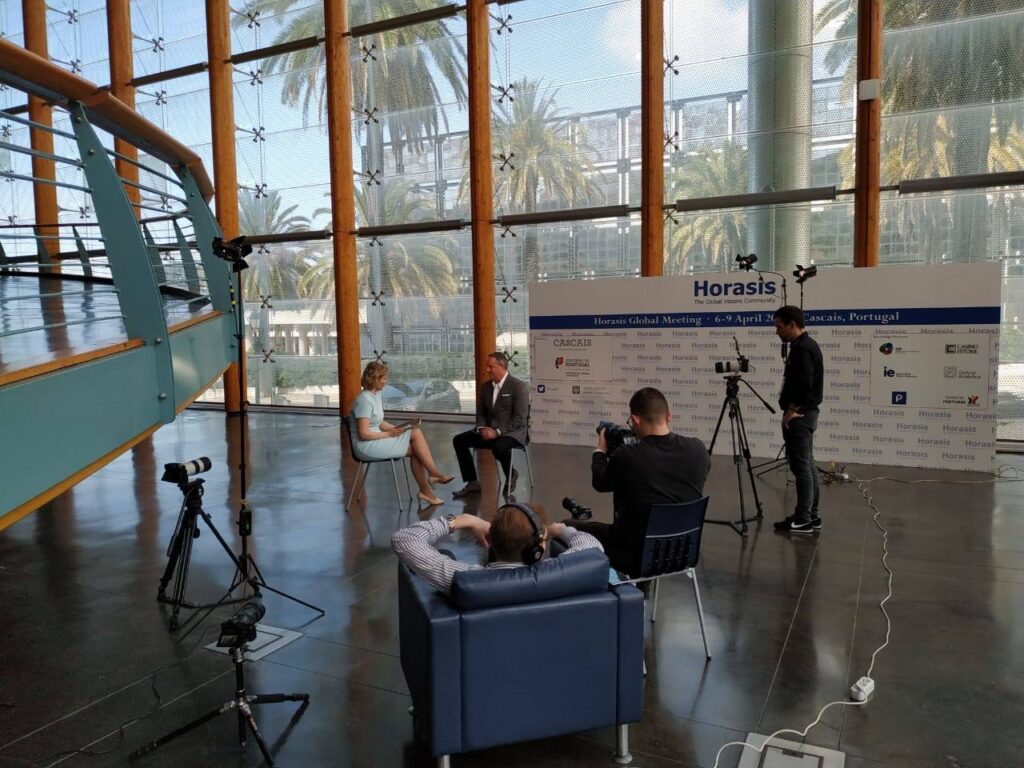
Former United States Ambassador John D. Feeley being interviewed at Horasis Global Meeting. Photo courtesy of Horasis
In the op-ed, Feeley briefly addresses the leak but uses most of his words to decry the president’s policies on immigration and reintroduce himself as a concerned citizen. He writes: “A part of my resignation letter that has not been quoted publicly reads: ‘I now return home, with no rank or title other than citizen, to continue my American journey.’ What this means for me is still evolving.”
Earlier in the month, Feeley co-authored an article for Univision, where he is now a political consultant. In the piece, he describes the U.S. president’s decision to halt aid to Honduras, Guatemala, and El Salvador as “stunning, even by President Trump’s chaotic standards.” What might look like letting loose for Feeley, is really a shift in platform.
“This [platform] comes with a responsibility,” he said. “You have to understand that there is a difference in being a blogger and someone who is on a published platform. The higher level of having to verify what I say is what separates me from the citizen journalists who are out there.”
What also separates him from citizen journalists is having a key awareness of the issues that are most pressing to the region and the kinds of approaches that have historically been in the United States and Latin Americas’ best interests.
One of the most visible issues in the region right now is taking place in Venezuela. Just this week, after a two-month standoff, President of Venezuela, Nicolas Maduro, reached an agreement with the International Committee of the Red Cross (ICRC) to allow for the expansion of aid programs in the country in addition to an increase in the relief budget. Meanwhile, Venezuela still suffers from crippling power outages and uncertainty lingers over who is the country’s rightful leader to take these problems on.
According to a tweet from the former ambassador’s Twitter account on the issue of Venezuela’s rightful president, Feeley is clear — it’s Juan Guaido, president of the National Assembly of Venezuela. Using a tasteful number of hashtags and emojis, Feeley acknowledges the Lima Group, the multilateral group assembled in 2017 to assure a peaceful end to the crisis plaguing the country; voices his support for the delivery of humanitarian aid; and decries military invasion.
The technology behind social media is neutral, Feeley told Latin America Reports, but what matters most is the content generated there. He cited the difference between President Trump and Guaido’s conduct on Twitter as key examples. Among trade and fighting corruption, the New York-native considers technology as one of the top priorities for Latin America, namely how digital technology will adapt to a region that is primarily agrarian, he told Latin America Reports.
What’s probably most clear to Feeley and many onlookers of the region is that the United States’ relationship to its southern neighbor is increasingly fraught. In a recent speech, President Trump made disparaging remarks about Colombian President Ivan Duque and his approach to preventing the traffic of drugs. Earlier in the speech, President Trump addressed the immigrant situation in Mexico.
“We have, right now, two big caravans coming up from Guatemala. Massive caravans walking right through Mexico. So, Mexico is tough. They can stop them, but they chose not to. Now they’re going to stop them. And if they don’t stop them, we’re closing the border,” U.S. President Trump said.
At the time of publishing, there are 568 days until the US presidential elections and based on these latest remarks, whoever the president-elect is will be in a position to restore or further agitate the relationship between the United States and Latin America. When asked about who, of the potential presidential candidates, is best suited to take that challenge on, the former ambassador did not hesitate in naming one.
“The next president will have to consciously reinvigorate the American diplomatic core and Joe Biden is someone that I’ve observed personally. Someone that inspires confidence and is respectful of processes,” Feeley told Latin America Reports.
The relationship between the United States and Latin America has always been managed, even if at certain points, poorly. What Feeley and the poet Dario both seem to be conveying is a sense of foreboding and untapped potential around this relationship. The success of both hinges on what the former ambassador calls a cooperative tension and given the enthusiasm in how he continues to stay abreast to issues that affect the region, it is certain that he views possibility there. But in the same breath, and in closing his remarks with Latin America Reports, Feeley also offered his word of caution to whoever is and will be in power.
“Trust and confidence take a very long time to build but it can be destroyed in a moment.”
Read more:


